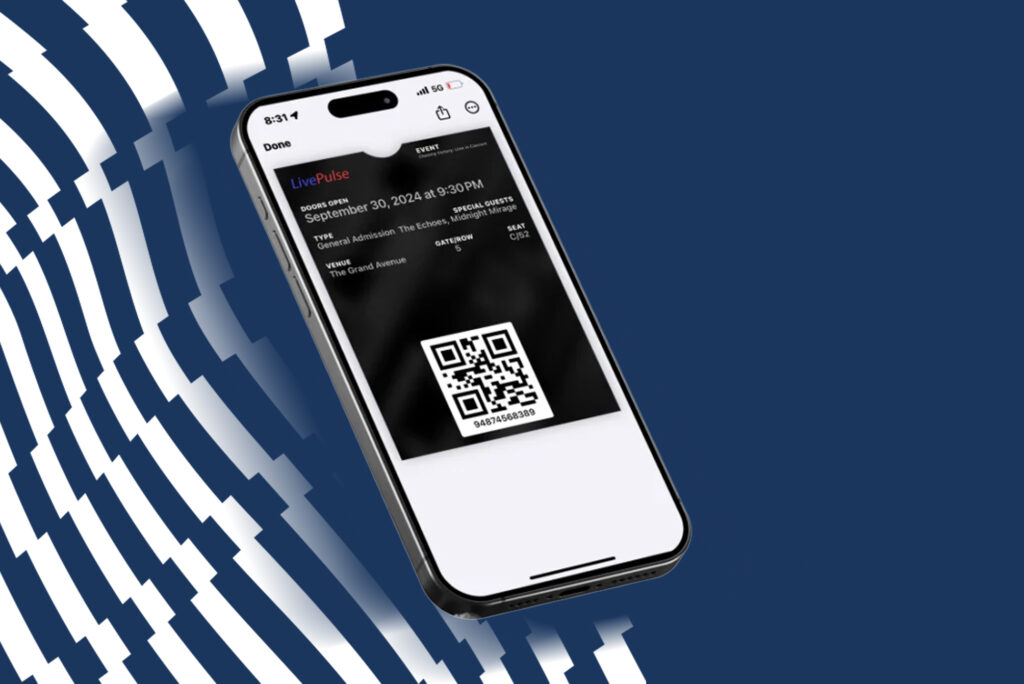Inside the Experience: Our Clients at Stamford Bridge
Step inside the action with this exclusive video showcasing our clients’ unforgettable matchday experience at Stamford Bridge.
Premium seats, electric atmosphere, and memories that last a lifetime.






